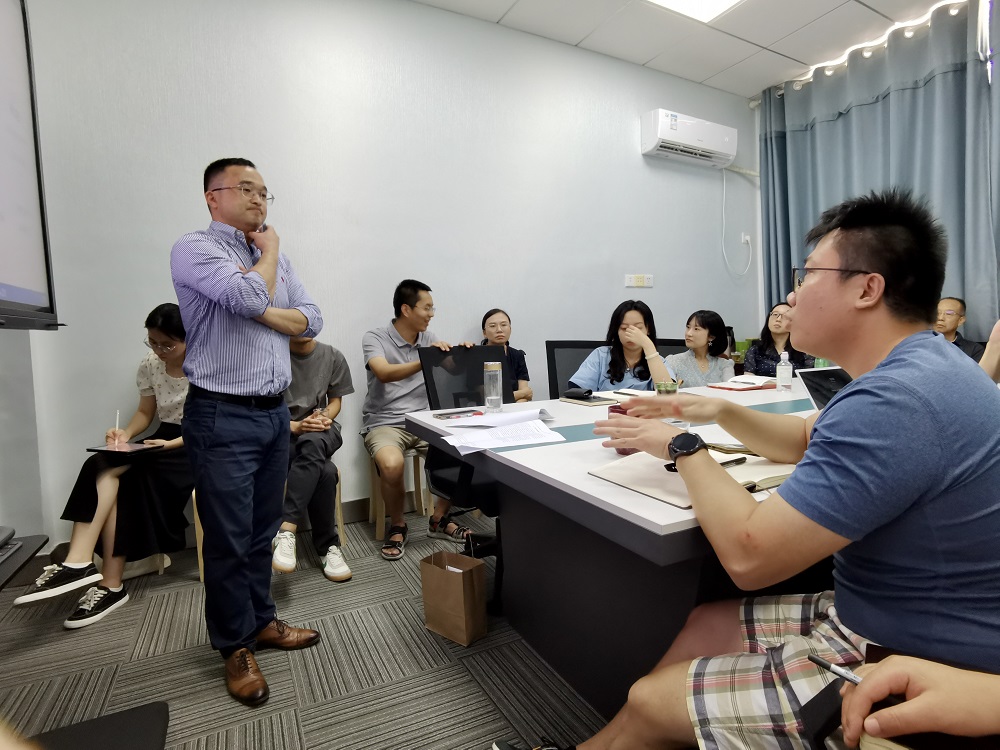
  On 23 September 2021, the third session of "Xixian Academic Luncheon", co-organized by the School of Public Finance and Taxation and IIDPF, was successfully held in Conference Room 127 of Wenqin Building. Lu Yuanping, Professor of School of Public Finance and Taxation, Executive Deputy Director of IIDPF, and Wenlan Young Scholar, was the keynote speaker of the luncheon. Professor Lu gave a lecture entitled How Public Policy Improves Equity of Opportunity - Evidence from Health Poverty Alleviation in China.

  Public resources are an important link between government and residents in modern societies, with healthcare resources being of particular importance. The establishment of a fair and inclusive health care distribution system is the goal of building a modern health care system. From 1996 to the present, the urban employees' medical insurance, urban residents' medical insurance and the new rural cooperative medical insurance system have been gradually improved. However, the relatively segmented health care system has led to differences in the allocation of resources to groups. The effects of the Chinese government's 2018 proposal for the implementation of the Three-Year Health Poverty Alleviation Action Plan, which focuses on tackling poverty caused by illness and returning to poverty, have not yet received sufficient attention. Based on this, Professor Lu Yuanping and his co-workers conducted an analysis and evaluation of the effect of health poverty alleviation implementation using the RD-DID model, based on the 2018 individual medical reimbursement data of M city, in conjunction with the health poverty alleviation policy implemented in M city in September 2018. The study found that the allocation effect significantly improved the accessibility and occupancy of health resources for poor households, especially for women. The difference in the utilisation of inpatient medical services between the poor and non-poor populations before and after the policy reform was significantly reduced, producing a steering effect and allocation of medical resources and significantly improving the accessibility and occupancy of medical resources by poor households, especially women.

  Professor Lu Yuanping's presentation captivated the students and faculty in the audience, who actively interacted and discussed in detail issues such as the confounding factors in the empirical data. Professor Sun Qunli argues that the effectiveness of health poverty alleviation should be further explored in terms of the income of the poor. Professor Lu Yuanping's research highlights the importance of equity for public policy, but attention should also be paid to the potential impact that policies can have on macro-fiscal pressures, and thus on the sustainability of reforms.
